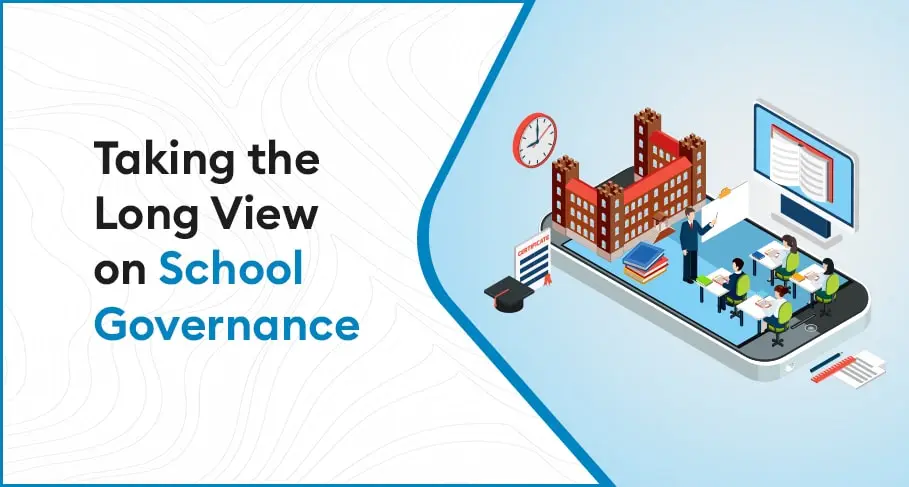If you ask any group of people what they want from schools, the answer would probably be roughly the same—high-performing schools that help children reach their full potential, arming them with the knowledge to be critical thinkers who possess the skills to succeed in today’s job market.
Unfortunately, that might be where the agreement about what schools should do ends. There are so many opinions and experiments about what works best in education that I argue we are actually getting farther away from what schools should be for our children.
So, while I have my own theory about what schools should do, my plan doesn’t involve specific curricula or policies that will have to be changed the next time a batch of standardized tests shows a poor result. No, my plan is to take a step back from dictating daily classroom strategies and set up basic parameters that will allow schools to tap into the knowledge and expertise of their teachers while staying focused on ensuring they are meeting students’ long-term needs.
Like a lot of people, I’ve been thinking about education and how to improve it for decades. However, unlike most people, I’ve approached this task with experience from a variety of viewpoints, not just a singular one. I’m chair of a group of schools in the East of England and have been in school governance for 20 years. I’m the CEO of an education technology company and have been listening and learning from educators for more than 30 years. I’m an author who’s written two books and numerous articles about education. But possibly most important — I’m a parent.
I’ve watched my children work their way through the school system, and – while I realize U.K. education differs from the U.S.’s – we have a common lack of foresight about how school affects the type of adults our children become.
As part of a governing body for a collection of schools, I’m tasked with making sure schools have the resources they need and students are learning. While these are immediate needs, they need to be linked to what should be the school’s ultimate goal—the long-term gift of providing varied experiences, skills, knowledge and resilience that will help our students in their adult lives.
Skill Development
Student work should be linked to career pathways to show students what those types of jobs entail but also so they can work toward gaining the relevant skills needed to fill those jobs upon graduation should they choose that path.
This could look different for different schools in different locations, but offering apprenticeships and ensuring that student coursework in their final years aligns with the skills currently or projected to be in demand in the job market are two bedrock principles that should work for all schools.
Project Based Learning
I also maintain that schools should offer students a global vision while allowing them to use project-based work to solve various problems. This means schools must present the right courses, and officials must consider how those courses impact the global marketplace.
Integrate Technology
My last point is that we must overhaul the use of technology in education today. Now, obviously, I’m not a Luddite arguing that too much technology is a bad thing for students. But I can say unequivocally that while technology can make education more effective, right now in some cases, it is making it worse.
Just look at how technology was used to educate children during the last 2.5 years of the pandemic. Devices were handed out to many students, but sadly, digital accessibility is not equitable in the U.K. We are unwittingly exacerbating the digital divide. This occurred in the U.S., too.
So, while I know that technology can absolutely help improve schools, we need to simplify our approach and choose tools that are easier to use, more accessible, and focused on students’ needs. In addition, let’s remember that technology isn’t just about improving learning outcomes. It could and should be used to support staff, reduce workload, improve data-driven decision-making and foster better collaboration.
We also need to consider long-term technology sustainability funding rather than rushing to load up on new devices every time a crisis results in more education funding.
Following these general tenets will allow schools to pursue different and specific ways to meet the goals of their learners. This flexibility is not only beneficial for schools that might be located in different locales, but it’s also the kind of adaptability that can be used to change offerings as the marketplace needs shift. The workplace is now digital and hybrid, and schools must sharpen their use of technology to keep pace.


